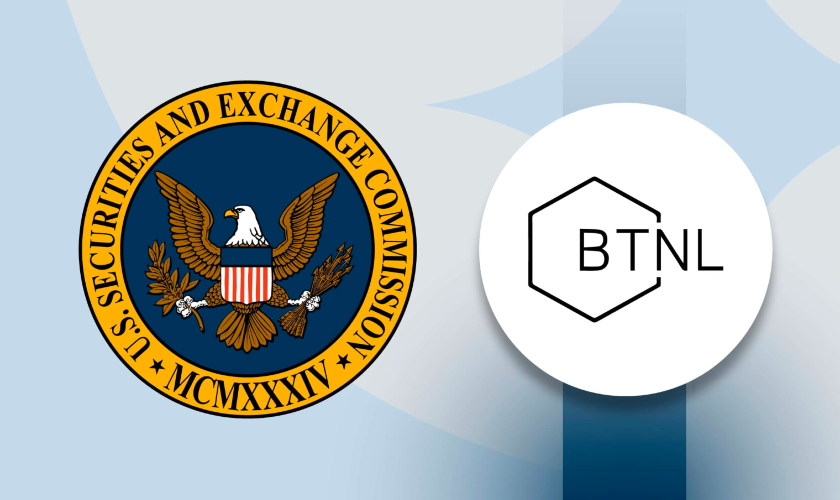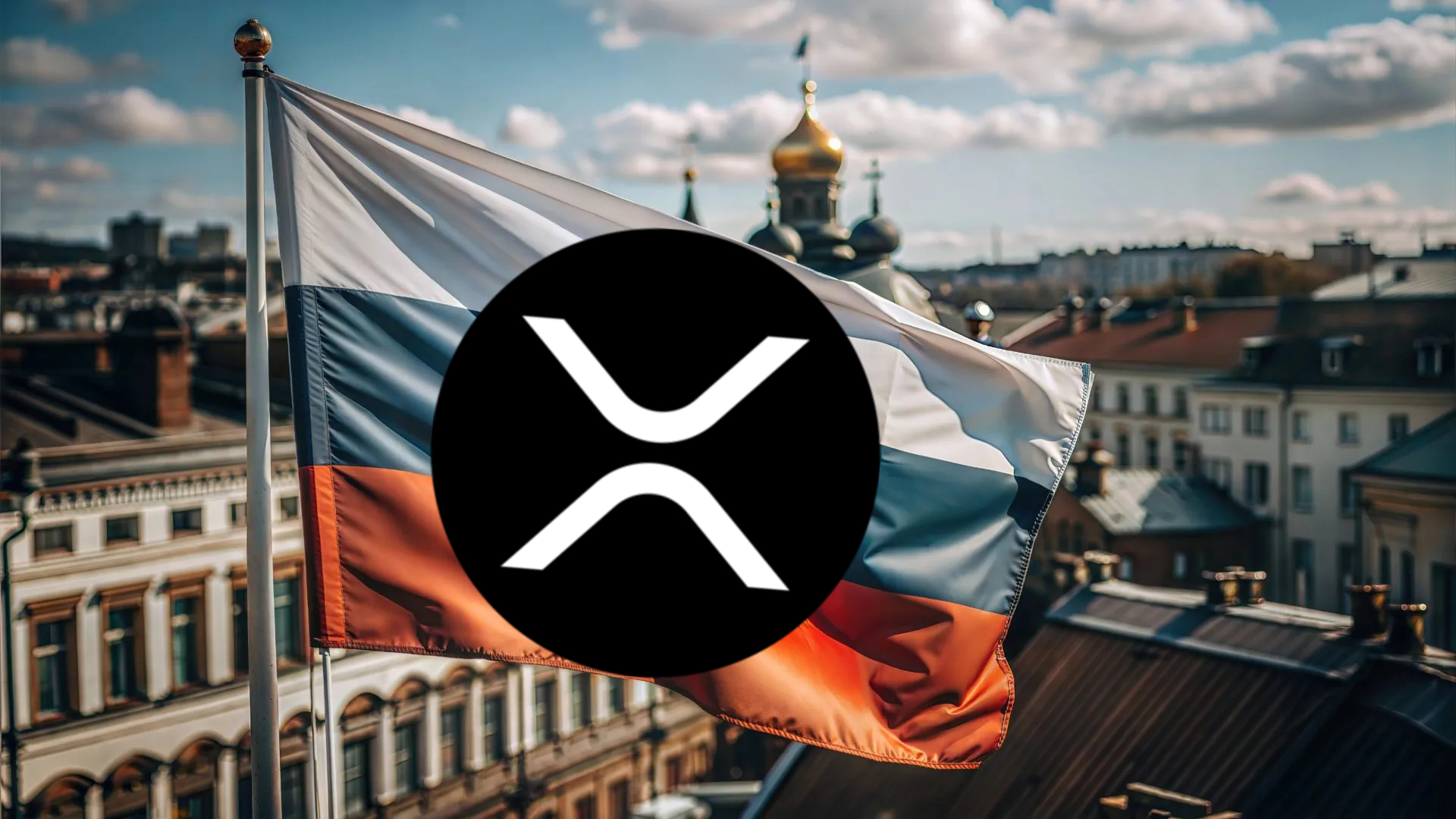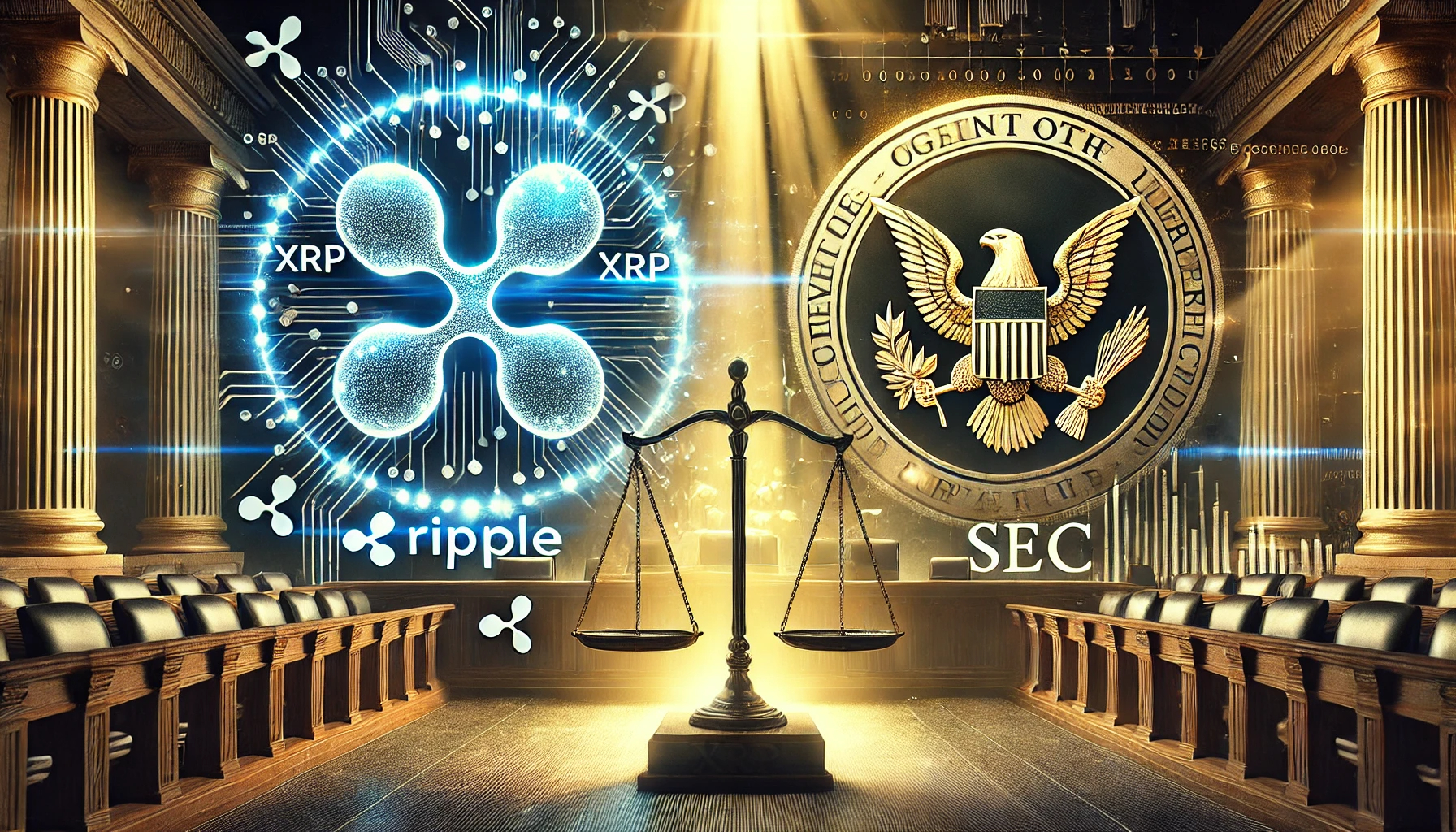Bitnomial Exchange Sues U.S. SEC for Overreach in XRP Futures Case
In a bold move, Bitnomial Exchange has filed a lawsuit against the U.S. Securities and Exchange Commission (SEC), accusing the regulator of overstepping its jurisdiction in the oversight of digital assets. The lawsuit, filed in the U.S. District Court for the Northern District of Illinois, centers around Bitnomial’s attempt to launch an XRP futures contract.
The Core of the Dispute
At the heart of the case is the XRP futures contract, which Bitnomial claims falls under the regulatory scope of the Commodity Futures Trading Commission (CFTC). Bitnomial argues that the SEC’s assertion that XRP Futures are “security futures”—and therefore subject to both SEC and CFTC jurisdiction—is an overreach.
The SEC, however, disagrees. According to Bitnomial’s Thursday filing, the SEC insists that Bitnomial must comply with additional regulations. This includes registering as a national securities exchange (NSE) and submitting to SEC oversight before it can launch the XRP futures contract.
Bitnomial Pushes Back
In its court filing, Bitnomial maintains that the CFTC is the sole regulator for the XRP futures contract and that the SEC’s involvement would unnecessarily complicate the process. The exchange self-certified the XRP futures in August, confirming that the product did not violate any CFTC regulations.
The exchange also disputes the SEC’s longstanding claim that XRP—the digital asset issued by Ripple Labs—qualifies as a security under U.S. law. Bitnomial argues that the XRP Futures should not be classified as security futures, a designation that would impose far stricter regulatory requirements.
Similar Lawsuits Emerging
Bitnomial’s lawsuit isn’t the only one challenging the SEC’s approach. Earlier this week, Crypto.com filed a similar lawsuit against the SEC, accusing the regulator of enforcing “regulation by enforcement” and stifling the crypto industry. Crypto.com claims the SEC’s actions are damaging to over 50 million American cryptocurrency holders.
Both exchanges are reacting to what they see as regulatory overreach by the SEC, which has been increasingly aggressive in asserting its control over the cryptocurrency market. Bitnomial’s case reflects growing frustration in the industry over what companies say is the SEC’s attempt to regulate digital assets without clear guidelines from Congress.
XRP’s Legal Status Under Fire
This legal clash comes in the wake of a federal court ruling in August, which found Ripple Labs in violation of federal securities laws for selling XRP to institutional clients. The court ordered Ripple to pay $125 million in penalties, far less than the $2 billion the SEC had sought. However, the judge ruled that XRP sales to retail customers through secondary markets did not violate securities laws, setting a precedent that has continued to shape the legal landscape.
The SEC is now appealing this decision, aiming to challenge the classification of XRP in future cases. Bitnomial and Crypto.com’s lawsuits further fuel the ongoing debate over whether XRP and other digital assets should be treated as securities under U.S. law.
What’s Next?
Bitnomial’s lawsuit highlights the regulatory uncertainty facing the cryptocurrency industry. As the SEC appeals the Ripple decision and continues to assert control over the XRP market, exchanges like Bitnomial and Crypto.com are fighting back.
The outcome of these legal battles could set a crucial precedent for how digital assets are regulated in the U.S., potentially influencing the future of cryptocurrency regulation globally.
For now, Bitnomial’s case represents yet another chapter in the ongoing struggle between crypto companies and regulators, with the stakes getting higher as the industry continues to grow.
🚨Also if you want to trade XRP or any other crypto asset and earn FREE XRP for doing it sign up and trade using this link: https://margex.com/en/levi

Disclaimer: This article is for informational purposes only and does not constitute financial advice. The views expressed are those of the author and not necessarily those of CryptoInsider. Readers are encouraged to conduct their own research before making any financial decisions.





